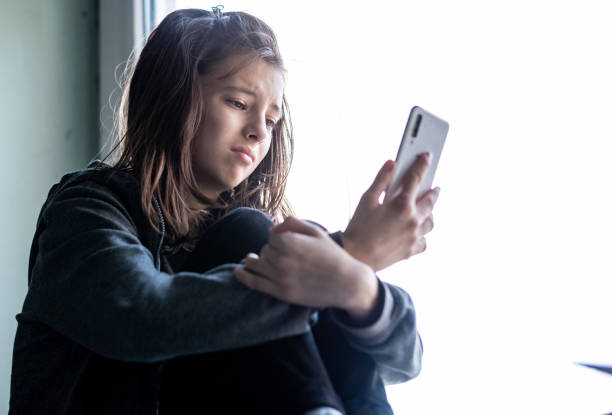Have you noticed that there are two camps of parents when it comes to sharing photos of children on social media? Those who regularly post about their children and those who don't show children at all? Which group do you belong to? The alarming thing is that 75% parents shares their children's privacy on the Internet. And even that 8 out of 10 parents have social media followers they've never met. Well, tell yourself, would you show a photo of your daughter to random passers-by? And on top of that in a swimsuit?
The trend of sharenting
Sharing is the term for risky sharing of photos or videos of children by their own parents on the Internet. I am writing the article in connection with the recent publication of the campaign ShareWithCare from Deutsche Telekom. If you as a parent have been on the fence about whether or not to share your children's privacy in the online world, maybe after watching this campaign you will have a clearer idea.
In the video, Ella, aged by artificial intelligence, speaks to her parents and warns them of the dangers that their innocent sharing of photos and videos on social networks triggers. Examples could be kidnapping, blackmail or bullying at school and later at work. For us parents, photos of children on social networks are a memory, but we expose children to a number of dangers by doing so.

What makes sharenting dangerous?
- Safety: Once pictures and videos of children are on the Internet, they can be misused.
- Agreement: The children have not given us consent to publish their photos online. It might bother them later in life.
- Digital Footprint: The pictures you post online of your child can affect their future at school or work.
- Parental control: As a parent or legal guardian, you have a duty to protect your child. If you decide to post images, consider setting the privacy of who sees your post.
- Sharing moments with loved ones: There are alternative ways to share these moments, such as through private messages or closed groups.
- Consideration: Before posting photos of children, consider how it might affect them and others such as friends, family and classmates. Avoid sharing photos of other people's children without their parents' consent.
Protect your children before it's too late
The decision to post photos of children on social media is subjective and should be made based on rational consideration. If you decide to share, be careful and be aware of the possible long-term consequences. It is important to find a balance between sharing unforgettable experiences, protecting your child's privacy and safety.
Learn to protect your children's digital footprint as well. More on this topic here. Interested in this topic and want to learn more? Maybe we'll meet at one of mine courses.



